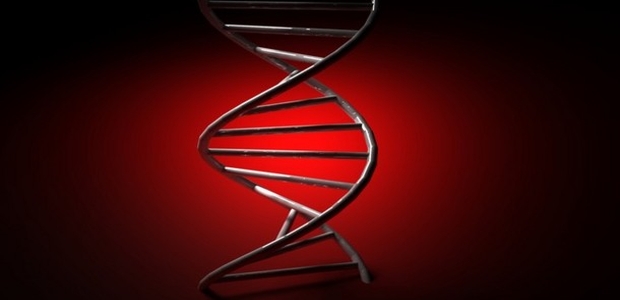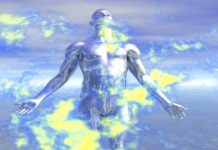What makes human beings unique? Human beings are known to respond differently to drugs, to food, to environment and even disease. Genomic research today is like doing a Google search on only a handful of Web pages. With a few hundred thousand genomes, we would better understand how illnesses and drugs behave differently from person to person. So what would happen if we allowed the scientists all over the world to study our DNA?
Scientists currently have just a tiny stock of human genomes, which they’re mostly unable to share between institutions because of restrictive regulations. Most biotech companies, such as 23andMe, consider their databases proprietary. The two main groups that share full genomes of individuals (the 1000 Genomes Project and the Personal Genome Project) together have only about 1,500. This closed system is holding research back.
In order to create an awareness about how easily the human DNA can be accessed, in January 2013, scientists scared the world by using public information to find the names behind five people’s anonymous, public DNA samples collected for research. The scientists then determined the identity of some 45 family members who had also donated DNA. How? By linking ages and locations associated with the five individuals to family trees associated with DNA on genealogy websites. (The subjects’ ages were then removed from public view.) The stunt, intended to raise awareness, also raised new fears— insurance companies denying coverage, discriminatory hiring practices, and the end of dating as we know it.
But these 50 people aren’t any less safe than the rest of us. No one’s DNA is or has ever been private. We spray our genetic material everywhere. We slough off a million skin cells a day. And free genealogy databases need only a fraction of a Y chromosome to find a last name. Sequencing a genome cost $100 million in 2001; today, it’s less than $10,000; soon, it will be as cheap as buying lunch.
The Human Genome Project is public, but its just one sequence. A larger database of individual genomes is going to be vital to help scientists understand how our variations make us healthy or not. Imagine the possibilities if we open-sourced all our DNA or at least tweaked consent forms to allow opt-ins for sharing genetic info with all scientists. It would definitely help unlock many unsolved mysteries of DNA Put aside the fear. It’s time to let science run free with our DNA. Lets embrace it.



































